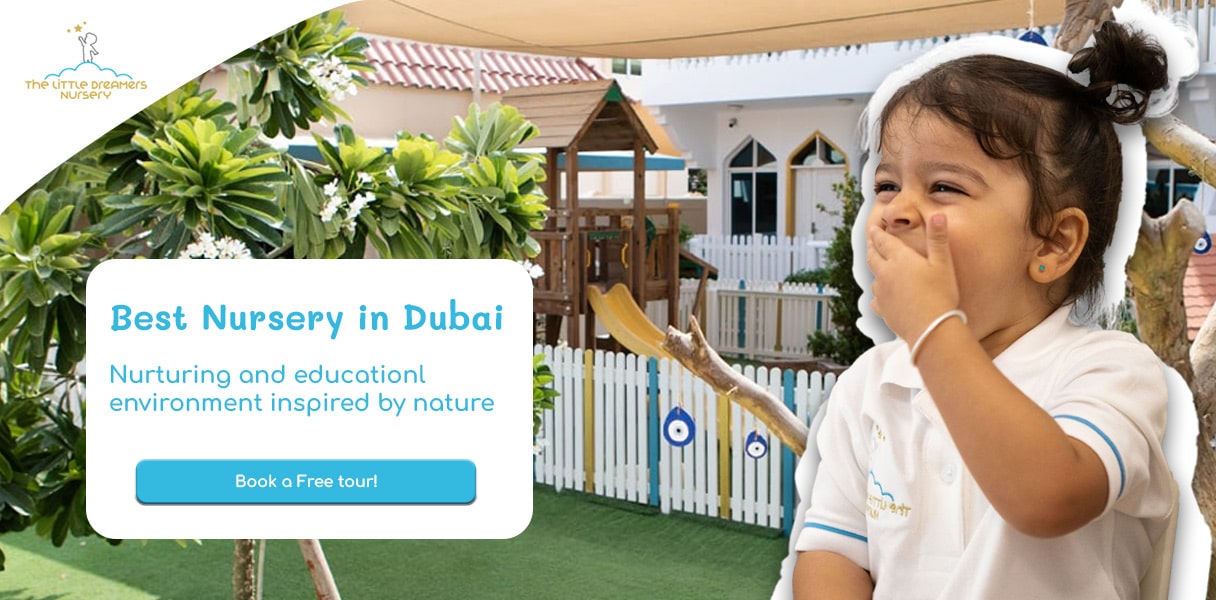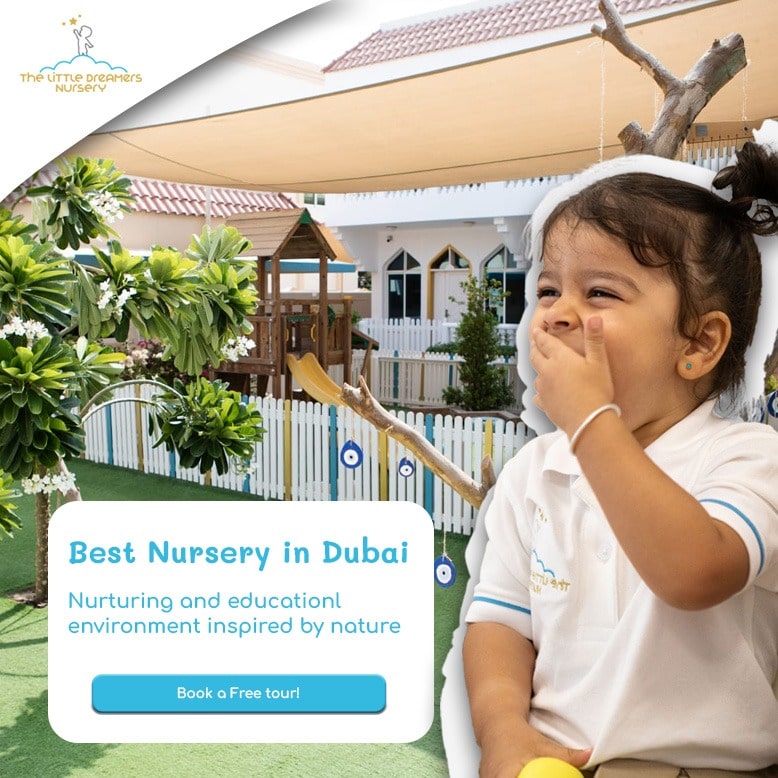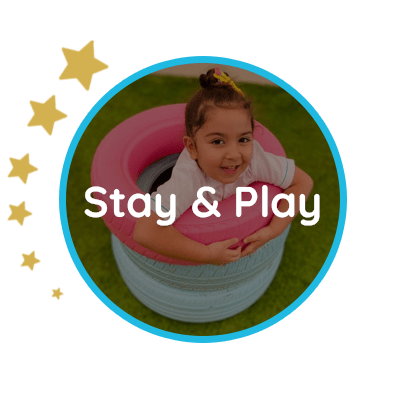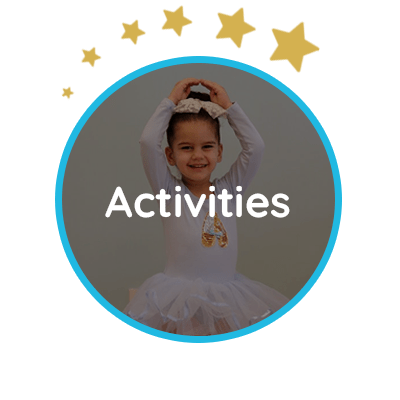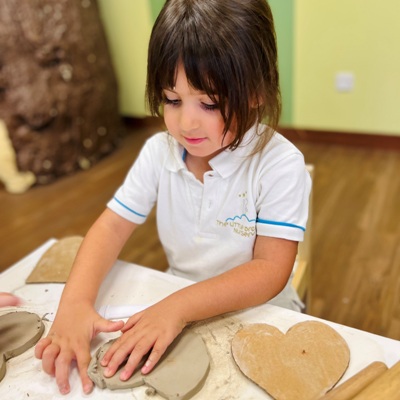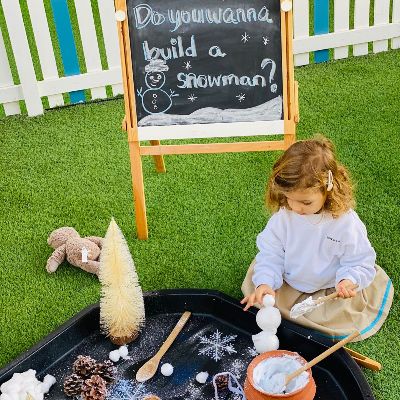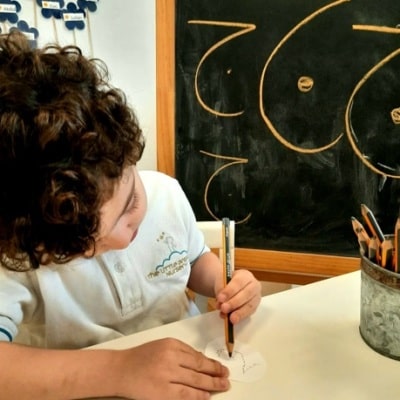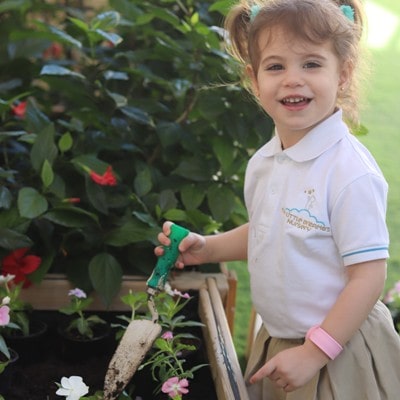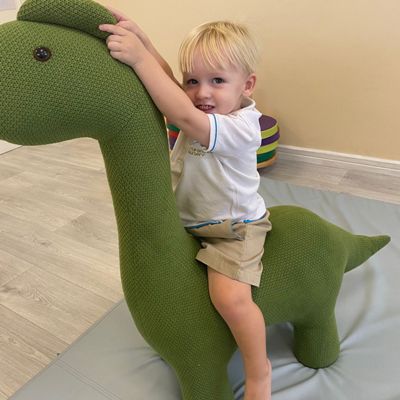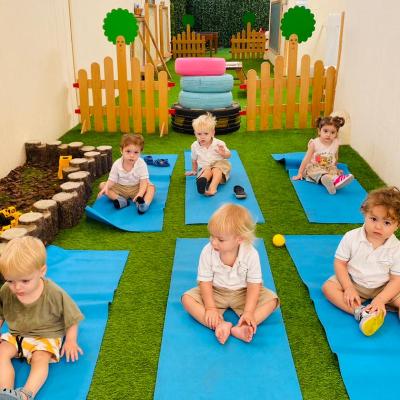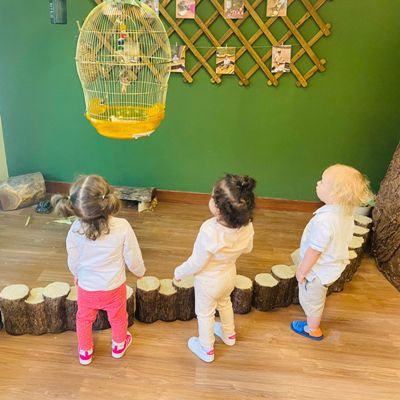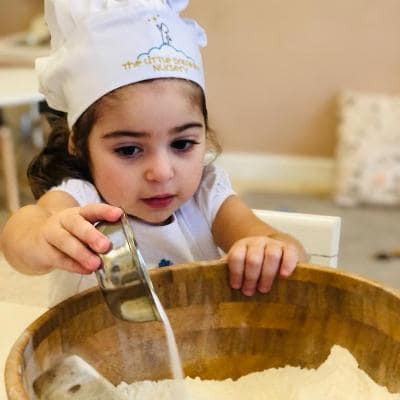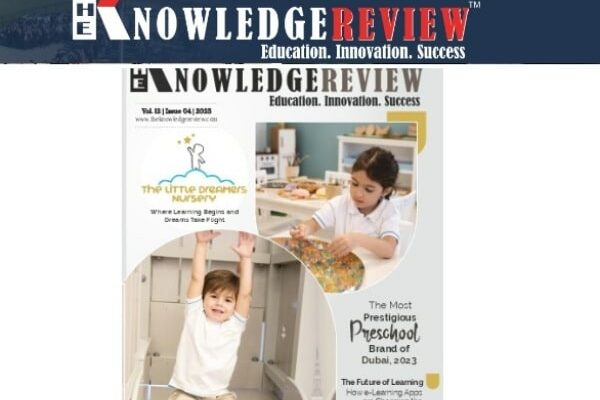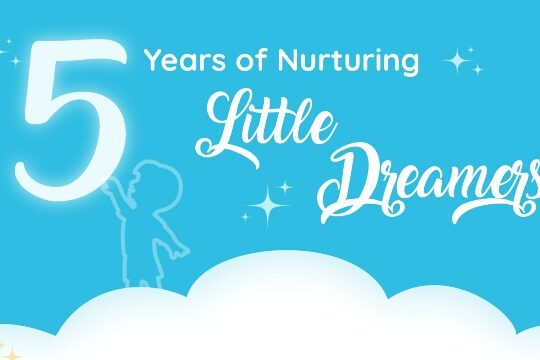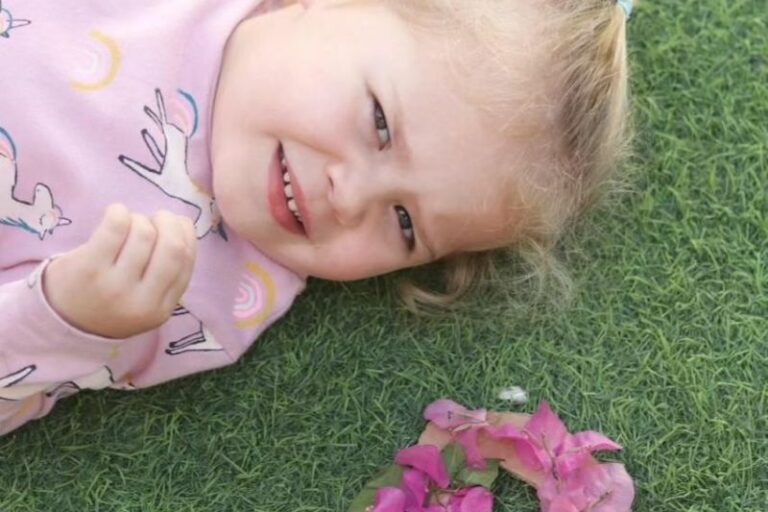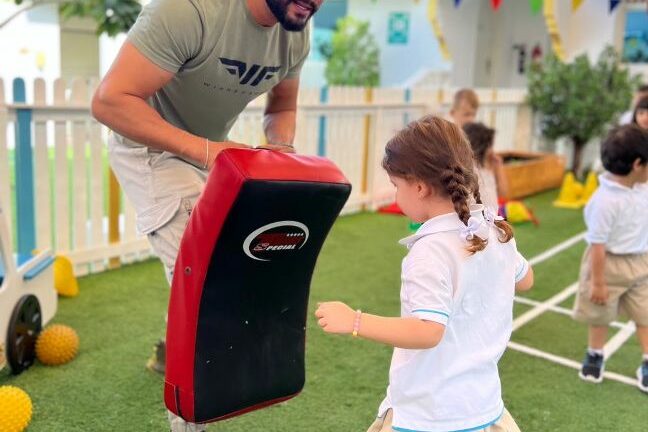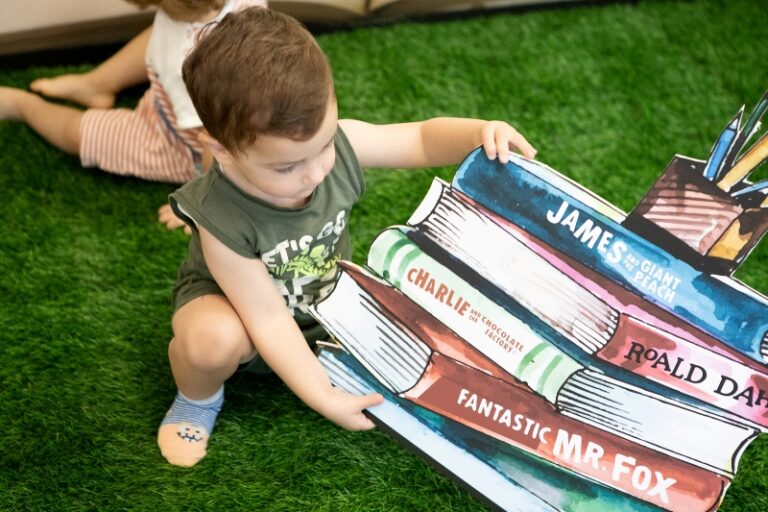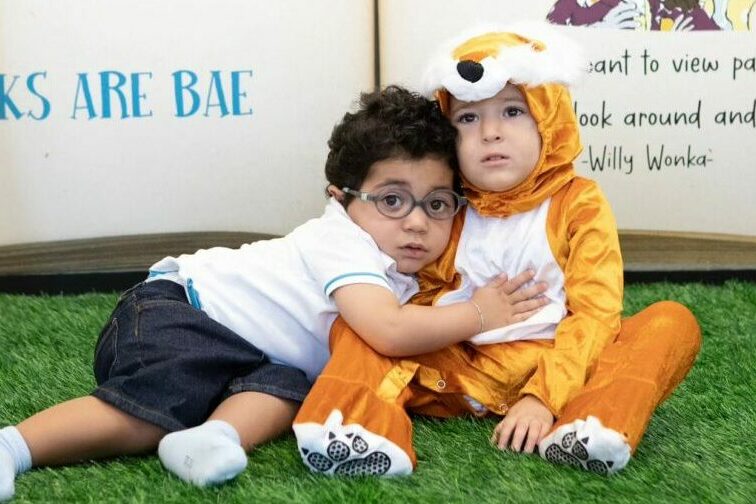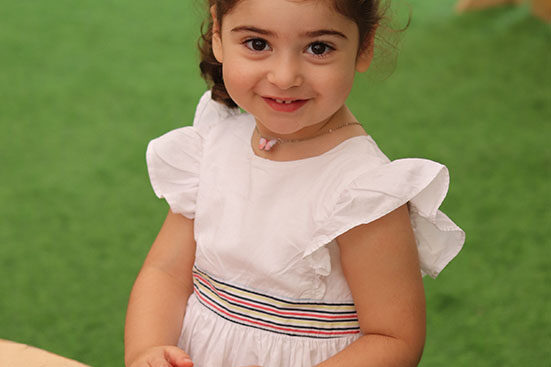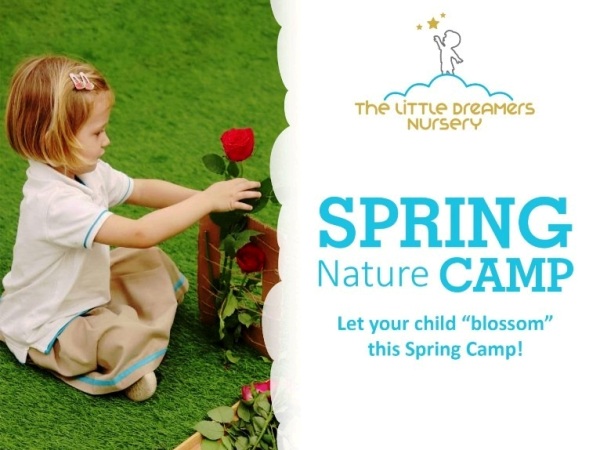You guys have reached beyond my expectations!! My daughter comes home every day with new words and skills. I can see improvement every single day and I really admire the creative and engaging activities that are done … (Iman Ismaeel)
The Best British Nursery in Dubai
Welcome to The Little Dreamers Nursery, the award winning ‘home away from home’ British nursery, located in heart of Dubai, Jumeirah 3, EYFS kids nursery, FS1, FS2, providing you with the best education services within Early Years in Dubai. We will ensure that your child is provided with a safe and secure environment meeting each unique child’s full potential. Our highly qualified and trained staff have combined a child led approach meeting the objectives with the British EYFS (Early Years Framework Statutory) curriculum.
At The Little Dreamers Nursery, we pride ourselves in providing a true ‘home away from home’ learning environment for all of our children. It is important to us that our children feel comfortable, safe and secure throughout their time with us. We are an Award Winning pre-school and proponent our value and missions that every child deserves the best education.
What Parents Say About Us
They are amazing. The teachers and teaching assistants are also so warm and friendly. My daughter adores them. Thank you for making our move to Dubai so much less stressful! (L)
Best British nursery and daycare in Jumeirah 3, Dubai. Beautiful natural environment & well experienced team of teachers. (Shinu Das)
The staff are amazing and my little boy has a great time. My son’s transition into nursery went smoothly. I go to work not having to worry about the well-being of my son and as a mother leaving her children, that peace of mind is invaluable. (kirsten marie)
One of the brilliant nurseries in Dubai ! My son attended the Spring Camp at the Little Dreamers. I have no worries at all while I’m at work and my little boy attends! He has the best time! The staff are just amazing! (Nicole Gabriel)
This is an excellent kids nursery in Dubai. I was nervous about returning to work and leaving my daughter but the staff made the transition easy. The care and support they offer is great. My daughter loves attending and getting stuck in with all the fantastic activities indoor and outdoor. (Alice)
It’s one of the best nurseries in Dubai. The service is amazing and customised to kids’ needs. The location was convenient for us. Our son was so happy . They do a lot of activities and events. Highly recommended.. (Maroun)
Our Nursery Activities
We welcome children from 9 months to 5 years old. At The Little Dreamers Nursery these enrichment nursery activities will vary from time to time. Please find our nursery facilities here.
Recent News & Events
Recent Articles
Nursery in Dubai
Why the Little Dreamers Nursery?
Think of us as a part of your family
It is common in the UAE for children to be raised in the homes of their own families, often with the help of a nanny who serves as the child’s primary caregiver in addition to their parents or grandparents. Their social and emotional growth depends on the time they spend on the playground interacting with their friends and discovering things about themselves on their own. Our goal is to help your child develop socially and emotionally through appropriate stimulation and activities in a controlled environment at The Little Dreamers Nursery, under the guidance of our experts.
At The Little Dreamers Nursery, we are a family that strives to provide the best possible care for your child and your family. We are experts in the field of early childhood education, with a focus on children aged nine months to five years.
Since its founding, the Little Dreamers Nursery have been dedicated to assisting the UAE’s Early Years Education sector. We firmly believe that each and every child deserves the best possible start in life, paving the way for fulfilling and successful adulthood. 90% of a child’s adult intelligence is created by the age of five, and we want to maximize this development by providing educational activities and experiences that encourage optimal brain development.
If you are looking for the best nursery in Dubai (or nearby kindergarten schools), we are here to help! The Little Dreamers Nursery, Dubai preschool works hard to maintain a safe, warm and compassionate environment for children. We try our best to make learning as fun and engaging as possible for children, through play, discovery and fun activities. We understand how great the duty of training a child is, and we are here to work together closely with parents to reach this aim!
What does a home away home mean?
The needs of families and changing, and so are we
Recently, the trend of women working full time has emerged, and families’ needs for a safe structure to care for their children have changed due to this.
In the end, we have come to realize that early education is not a trend but rather a necessity. Our children will be the future leaders of our world and have the potential to impact the planet and its inhabitants positively.
We have become one of the leading Early Years education providers in the United Arab Emirates thanks to the trust of the families who entrusted us with their children. We work closely with each family to make sure that each child’s nursery experience is a loving and caring foundation for learning. You can think of us as your child’s second home.
What to expect from the best Dubai nurseries?
One of the most important goals of kindergartens is to boost self-esteem in children. It is a process in which your child is helped to feel good about themselves and to have confidence in their ability to face challenges. In addition, during the year your child is in kindergarten, he or she will learn to be patient, take turns, participate in group activities, and listen to others. All of these skills will be essential to entering school.
Research has shown that the task of a good kindergarten is not only to keep children safe in the absence of their parents and to feed them well but a good kindergarten provides high-quality educational experiences for children. When choosing a nursery in Dubai, pay attention to the above. Now let’s take a look at the features you should look for in a proper nursery in Dubai.
What should I look for when choosing a nursery in Dubai?
What should I look for when choosing a nursery in Dubai?
Are you looking for the best preschool in Dubai? All parents want only the bests for their children, we understand this. As a responsible parent, you are probably doing a lot of research to find a great nursery centre for your kids. Understandably, this can sometimes become quite exhausting!
Good news! We have the honour to be here to help you. If you would like to know the characteristics of a good nursery centre in Dubai, we are here to help you find your answers.
-
Cleanliness and Safety
The number one characteristic of a good nursery centre should be safety. If you are going to have your child stay in a place for several hours, you want to make sure that it is totally safe. That’s why we suggest that you always visit the centre before confirming your child’s placement and check out everything for yourself. You should make sure that there are no infractions such as exposed wires or fire hazards. Of course, some of the infractions might not be so easy to notice, so you need to look around very carefully.
Have you ever heard of the white glove test? This method is the perfect method for checking how clean a nursery is. To use this method, you will only need a cotton pad. Use this cotton pad to check the debris and dirt within the nursery. Of course, the place cannot shine bright at every moment! Some amount of dirt and debris is just acceptable. Although, it is totally up to you to decide what amount is acceptable.
At The Little Dreamers nursery, you can rest assured of safety and cleanness. We understand your worries as a responsible parents and that’s why we take great care to always maintain a safe and clean environment. You are most welcome to visit our nursery and to check everything for yourself, to reassure yourself that your child will be completely safe and secure in our environment.
-
Good reputation
A great nursery centre has a solid reputation! You might want to see if the current parents, or previous parents whose children attended the nursery, have been happy with the services. Reviews from other parents can be a great help to decide whether the preschool is right for your child. Reputation is definitely one of the most important factors to find the best kindergarten in Dubai.
At our nursery, we are more than happy to connect you with current parents or previous parents. If you feel as though hearing the reviews of other parents will help you to make your decision, please feel free to contact us and we will get this arranged for you.
-
A compassionate environment
A warm and compassionate and enabling environment can make learning a lot easier. If your child is going to go to a nursery centre, it will probably be his/her first time away from home and your loving care. That’s why every parent needs to make sure the environment is comforting, friendly and compassionate.
At the Little Dreamers Nursery, we continuously aim to create a compassionate, engaging and fun environment. The teachers in our team interact with every child with a caring, compassionate approach and try to make the classroom as engaging and fun as possible.
Being away from parents for almost the first time in life can be a very stressful experience for many young children. But you and your child are not alone in this! We are here to help your child deal with this experience in the best way possible. Passion, flexibility and a sense of humour are some of the values in our nursery centre, which will help your child to relax and to appreciate the experience.
-
Hands-on learning
“Experiencing” and “doing” are the best methods in which a child can learn. Children need to learn by discovery and play! This is how they start to enjoy learning and begin to appreciate it. The best nursery centre is the one that does not only teach children but also gets children interested in learning. This is exactly what we aim to do with all our children at The Little Dreamers nursery!
We do our best to engage children in play and discovery as a super effective way to learn. We don’t only want children to learn, we want them to enjoy learning too!
-
Caring caregivers and teachers
Making sure that a caregiver, or teacher, has the needed certificates is easy, but how much do they really care? Caring deeply about children is one of the most important characteristics of a nursery teacher/caregiver. This characteristic is sometimes even a lot more important than having the right certifications and training. We can assure you that the caregivers and teachers at The Little Dreamers Nursery are qualified, have the relevant early years degrees/diplomas and that they deeply care about children also.
We personally believe that body language, tone of voice, the words that we use when talking to children and the kind of conversations we have with them are very important. These factors help to indicate whether a caregiver or a teacher really cares about children and respects them. That’s why, in our nursery centre, we care so much about these little details. Our team is eager to cooperate with you in the great responsibility of educating and caring for your child.
ONE IMPORTATN TIP: Never overlook the importance of highly experienced and trained staff
For choosing a nursery in Dubai, Teachers and educators of a good kindergarten should have academic training and sufficient experience in working with children. These people love their job and know how to behave in order to continuously interact and form a constructive relationship with the child. They are fully acquainted with the emotions and feelings of children and know all their students and their personality traits and abilities.
Now that you know the features, let’s see what types of questions you should ask your nursery in Dubai.
What questions should I ask choosing a nursery?
When looking for a good daycare center, consider these questions and ask your caregiver about them. Ask them to give you information about the kindergarten program. In kindergarten education programs, it is necessary to do most of the work and activities based on the game and during the game. This means that you, as a parent, should be looking for a kindergarten that will pass on its educational programs to children during play.
You can check out The Little Dreamers Nursery FAQ here.
Consult with other parents and ask about their experience with the best nursery for baby development, as well as how teachers and educators treat them. You should remember that the equipment and facilities of the nursery should also be checked. Visit and explore painting, dining, and other rooms. It is better not to arrange the chairs in a class and not to place more than 10 people in each class.
Also, ask about the baby commuting from kindergarten (if the responsibility is on the daycare centre). It is better to find a kindergarten that is not too far from home. Because at these ages (4 to 6 years) distance can cause anxiety in children. Ask the daycare centre about the nursery’s sensitivity to dealing with violence and aggression against children. In this case, it is better for the kindergarten to control these cases immediately and apply a strict policy so that the child’s safety is not threatened.
In the end, we have come to realize that early education is not a trend but rather a necessity. Our children will be the future leaders of our world and have the potential to impact the planet and its inhabitants positively.
We have become one of the leading Early Years education providers in the United Arab Emirates thanks to the trust of the families who entrusted us with their children. We work closely with each family to make sure that each child’s nursery experience is a loving and caring foundation for learning. You can think of us as your child’s second home.
When is the best time for a nursery?
When is the best time for a nursery? Research has shown that children’s emotional and intellectual development begins at age three, so families generally send their children to kindergarten from age three. On the other hand, some parents send their children to kindergarten from an early age or from infancy due to their busy work and life.

